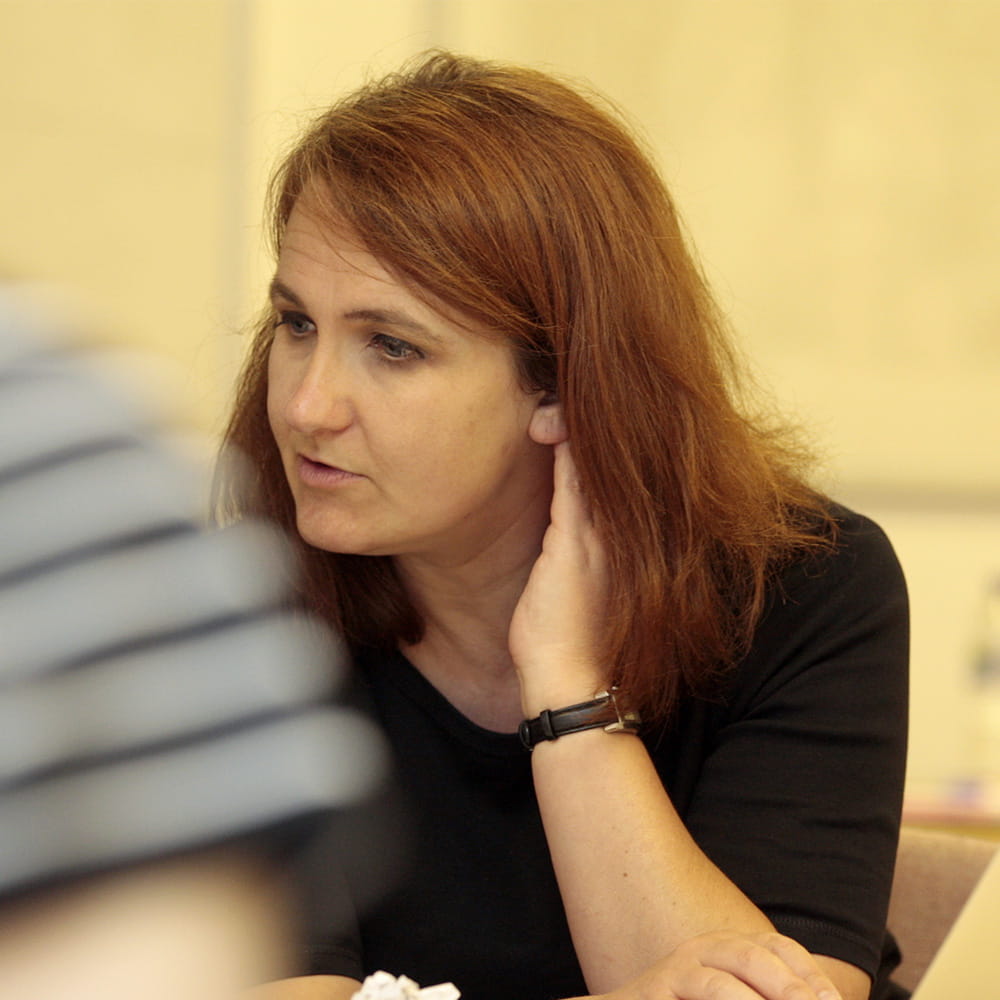The UK government has come under a complex and oftentimes contradictory combination of praise and critique for its handling of the COVID pandemic. Whether prime minister Boris Johnson actually said that bodies ‘could pile high’ rather than risk another lockdown or not is hardly the point, as the fact of the matter is that bodies have piled high, and continue to do so, in the UK and across the world.
The re-opening of mass graves on New York’s Hart Island, and news reports of people dying on pavements outside hospitals in Delhi and throughout India attest to that. And this piling of bodies has exacerbated the kind of pre-existing inequalities organized along lines of capital, care, gender, race, place and age that research at the Centre for Work, Organization and Society focuses on.
In a market economy that profits from a persistently unequal distribution of life and death, government directed imperatives to open the economy mid-pandemic, undoubtedly came at the cost of human lives, lives that were disproportionately Black, old and working class, or which were lived by those deemed too vital or too dispensable be kept safe. In short, COVID has provided us with an all too stark reminder of the death drive at the heart of the capitalist machine.
It has now become a bit of a cliché to say that the pandemic has exposed and exacerbated inequalities, or that the demographic composition and/or complexion of the death toll is unthinkable outside of a framework of social and economic injustice. But a refusal to think about the pandemic and precarity as separate entities remains vital if we are to resist a recovery that is dependent upon an anthropomorphized version of a healthy economy at the expense of the health of society and populations, especially those who are most vulnerable. This would be a version of recovery that animates a willingness to sacrifice already compromised lives.
The dialectics of crisis mean that the kernel of hope in the few first months of lockdown and distancing has quite quickly given way to a stronger pull to get ‘back to normal’, and to prioritize the most privileged populations’ freedom to consume over the lives of the most precarious. As feminist philosopher Judith Butler notes, this ‘freedom’ embodies and enacts a prioritizing of the self and a mythology of the individual subject as discrete, un-encumbered, invulnerable. Those who ‘choose’ not to wear masks or to socially distance refuse to acknowledge, and act on, our interdependency, mutual vulnerability and to make the required ethical shift to be for and with a generalized Other.
This paradigmatic individualism, as the social and racial distribution of death rates have shown, relies on a corollary or abject Other with no or limited choice, one exposed to increased, often mindless risk, especially if the choice is between economic destitution and serious illness or death. To make sense of this connection, we have to understand the modalities of violence that inequalities give rise to.
Vulnerability is co-existent with life; to live is to risk death, and this means that we are mutually vulnerable in the embodied nature of our existence. Merleau Ponty shows us that when I breathe out, others breathe in. This makes us vulnerable to viral inhalation, as the traces we and others leave are potentially fatal. But we cannot exist in any other way, hence the myth of individual freedom of choice is unsustainable (those who refuse to wear masks become hospitalized and are cared for by medics who must wear masks, and so it goes on). Our embodied interdependence and relationality is a way of being that we cannot ‘choose’ or will away. Those who refuse to wear a mask, distance etc. miss this basic premise – that our bodies are mutually implicated, emplaced and co-dependent. Yet they are not equally so.
COVID has thrived on rampant individualism, and its corollary, precarity. The latter has exposed various populations to different extremes of what Butler calls ‘unlivability’. Social and economic inequality has made sure that, like most systemic entities in our society, the virus discriminates. It seems likely that we will come to see in the coming years, as we have over the past weeks and months, a painful scenario in which some human beings assert their rights to live at the expense of others, reinscribing the spurious distinction between grievable and ungrievable lives, that is, between those who feel and assert their sense of having a right to be protected against death at all costs, at the expense of those whose lives are considered not worth safeguarding against illness and death.
In response, the concerted actions of our bodies, mobilized physically and virtually in whatever way we can to resist and protest, must be combined with an assemblage of resources. There are concrete ethical, ecological and non‐violent alternatives to piling bodies high that follow from this claim, ones that allow us to understand relationality as part of the very air we breathe.


